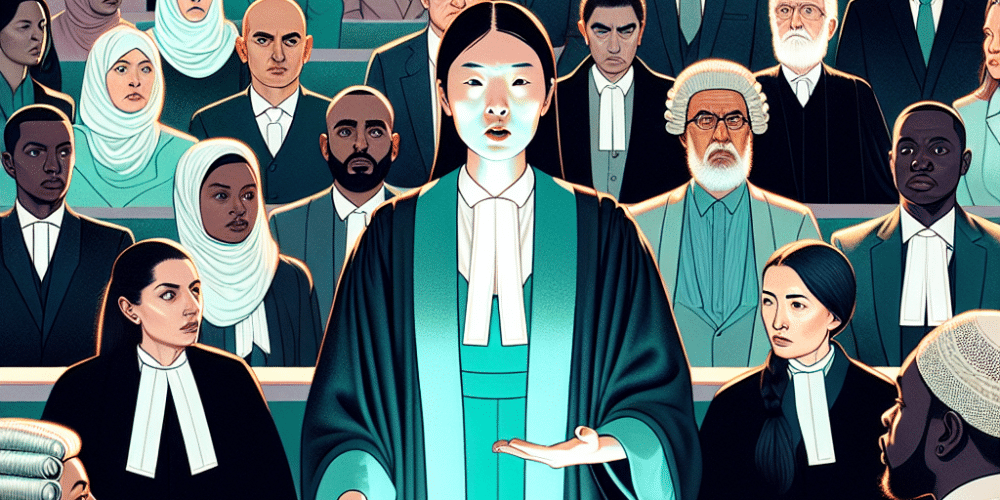Paradise Entertainment Limited is taking legal action to contest a decision by Macau’s Judicial Court of First Instance, which recently invalidated two patents related to electronic table games held by its subsidiary, LT Game Limited. The lawsuit targeted Shuffle Master Asia Limited, both in Macau and Australia, Shuffle Master Inc., and SG Jogos Ásia S.A. Despite the patents allegedly fulfilling all formal registration criteria, the Court declared them null and void.
In response, Paradise Entertainment has filed an appeal against the decision, guided by its legal team. The company highlighted the importance of intellectual property protection as a cornerstone for innovation, business growth, and maintaining confidence in its unique products. Although it acknowledges the legal system’s processes, Paradise remains firm in asserting the validity and critical nature of its patents within the gaming industry.
Paradise Entertainment communicated its perspective, emphasizing the necessity of protecting intellectual property rights to foster innovation, further develop its business, and secure confidence in the reliability and distinctiveness of its innovative offerings. They reaffirmed their respect for the judicial process but expressed strong disagreement with the ruling, reiterating their commitment to defending their intellectual property.
The Court’s decision also required the plaintiffs to bear the legal expenses of the case. Industry analysts suggest that the outcome of this appeal could set a precedent for how Macau’s courts handle gaming technology patent issues moving forward.
The catalyst for this legal battle was Judge Chan Chi Weng’s ruling that Jay Chun, Natural Noble Limited, and LT Game Limited, the plaintiffs, failed to meet the necessary patent criteria in their efforts to claim rights over two electronic table game inventions. LT Game argued that the defendants, Shuffle Master, had infringed upon patents I/150 and I/380 by utilizing gaming machines such as “Rapid Baccarat” and “Rapid Table Game.”
Additionally, LT Game asserted that its patents effectively conferred exclusive control over the live dealer market for multi-game terminals within Macau. In its lawsuit against Shuffle Master, LT Game sought court orders for injunctions, the removal of infringing equipment, the cancellation of relevant contracts, compensation for damages, and public acknowledgments of the alleged patent infringements.
Industry observers caution that this court ruling might have far-reaching effects on future gaming technology patents in the region. The case has spotlighted how Macau interprets the concept of the “inventive step” under its patent law framework. Some suggest the decision could compel companies to reassess their patent filing strategies and signal increased scrutiny over patent claims in gaming technology disputes.
This legal confrontation unfolds as Macau operators are gearing up for the Golden Week, which spans from September 29 to October 6, anticipated to bring unprecedented revenue to the territory. The timing of the appeal underscores the stakes involved, as operators expect a surge in tourism and gaming activities during this period.
A different perspective comes from those who see the court ruling as a necessary check on patent claims. They argue that setting a high standard for what qualifies as an “inventive step” ensures that only truly innovative and non-obvious developments receive patent protection. This, in turn, could foster a more competitive and dynamic market where companies are motivated to push the boundaries of technology and creativity.
As the appeal process unfolds, the broader implications for Macau’s gaming industry remain to be seen. The decision could either affirm the current legal stance or shift the landscape, influencing how companies approach innovation and intellectual property in one of the world’s most lucrative gaming regions.
In the midst of this legal wrangling, the gaming industry in Macau continues to evolve. The territory remains a pivotal hub for gambling, attracting millions of tourists annually. While the outcome of this case could impact the strategies of companies operating in this sector, the core allure of Macau as a gaming destination seems unlikely to diminish. As Paradise Entertainment and LT Game navigate their legal challenges, the industry watches closely, aware that this dispute is as much about protecting innovation as it is about maintaining a competitive edge in a rapidly changing environment.

















